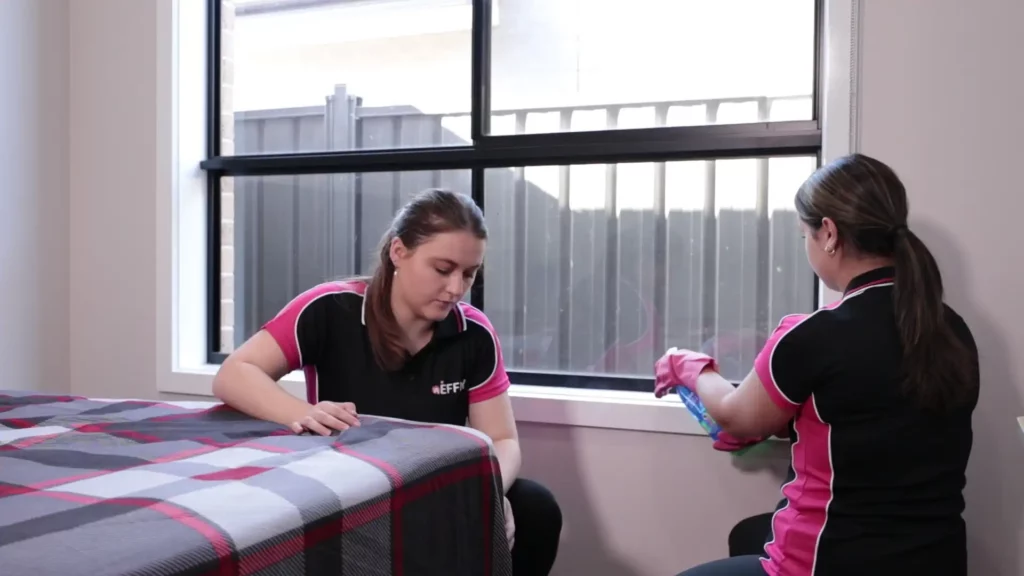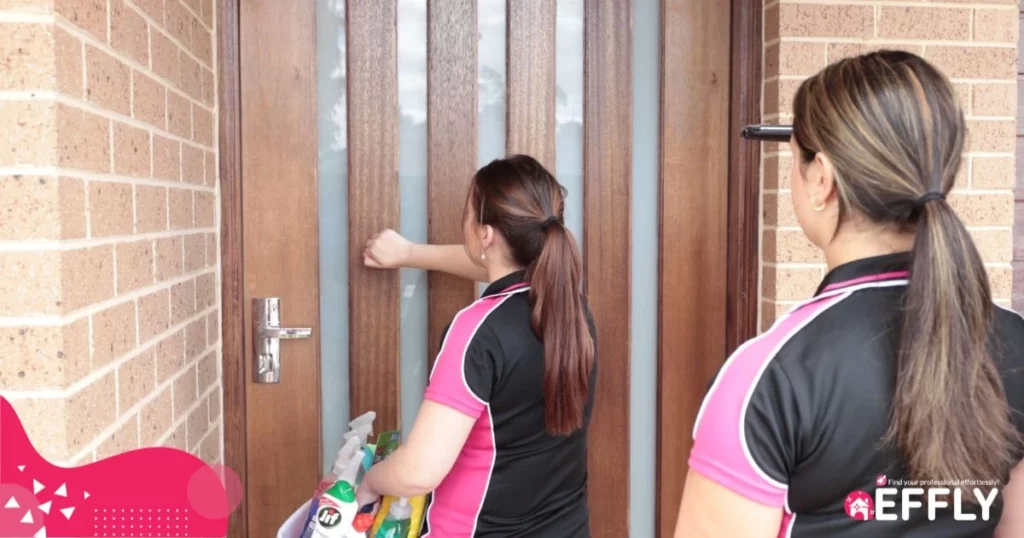The National Disability Insurance Scheme (NDIS) in Australia serves as a vital lifeline for individuals living with disabilities, offering a comprehensive range of supports and services to enhance their quality of life. Among the various assistance provided by the NDIS, cleaning support stands out as a crucial service for many participants. In this blog post, we delve into the diverse range of disabilities covered by the NDIS and highlight the significance of cleaning assistance in maintaining a safe and comfortable living environment for individuals facing various challenges.
List Of NDIS Disabilities and NDIS Cleaning Support Explained Below:
Awareness Of the NDIS and Its Scope:
Before delving into the specifics of cleaning support, it’s essential to grasp the overarching goals and scope of the NDIS. Established to empower people with disabilities to achieve their goals and participate fully in society, the NDIS offers funding for various forms of support tailored to individual needs. From mobility aids and therapy services to personal care and household assistance, the scheme is designed to address a wide spectrum of challenges encountered by people with disabilities.

Exploring Disabilities Covered by the NDIS:
The NDIS encompasses a broad array of disabilities, recognising that each person’s experience is unique and multifaceted. Some of the disabilities covered by the scheme include:
- Physical Disabilities: Individuals with physical impairments, such as paralysis, limb loss, or mobility limitations, may require assistance with tasks that involve physical exertion, including cleaning and household chores.
- Neurological Conditions: Conditions like multiple sclerosis, cerebral palsy, and traumatic brain injury can impact motor skills, cognition, and energy levels, making everyday activities like cleaning challenging without support.
- Intellectual Disabilities: People with intellectual disabilities may struggle with organisation, planning, and executing tasks independently, necessitating assistance with cleaning and maintaining their living space.
- Psychiatric Disabilities: Mental health conditions such as depression, anxiety disorders, and schizophrenia can affect motivation, energy levels, and the ability to manage daily tasks, including cleaning and tidying up.
- Sensory Impairments: Individuals who are blind, have low vision or are deaf may face obstacles in perceiving and navigating their environment, requiring specialised support to ensure cleanliness and safety in their living environment.
The Role of Cleaning Support in NDIS Plans:
Cleaning support is a fundamental component of many NDIS participants’ plans, as it directly contributes to their health, well-being, and overall quality of life. By accessing funding for cleaning services, individuals can enlist the assistance of support workers or professional cleaning providers to address various household tasks, such as:
- Dusting, vacuuming, and mopping floors
- Cleaning kitchens and bathrooms
- Laundering clothes and linens
- Organising and decluttering living spaces
Moreover, cleaning support under the NDIS extends beyond mere housekeeping tasks; it fosters independence, dignity, and a sense of pride in one’s living environment. For many participants, having a clean and orderly home enhances their self-esteem and enables them to focus on pursuing their goals and interests without the burden of household chores weighing them down.

Challenges and Considerations:
While cleaning support is invaluable for many NDIS participants, there are challenges and considerations to be mindful of. These may include:
- Limited Funding: Participants must allocate their NDIS funding judiciously to meet their various support needs, including cleaning assistance, within budget constraints.
- Finding Suitable Providers: Identifying reliable and compatible cleaning providers or support workers who understand the participant’s specific needs and preferences can be a time-consuming process.
- Flexibility and Choice: The NDIS prioritises participant choice and control, allowing individuals to select the cleaning support options that best align with their preferences and circumstances.
To Conclude:
In conclusion, cleaning support plays a pivotal role in the lives of many NDIS participants, enabling them to maintain a clean, safe, and comfortable living environment despite the challenges posed by their disabilities. By recognising the diverse range of disabilities covered by the scheme and tailoring support services to individual needs, the NDIS empowers people with disabilities to lead fulfilling and independent lives. As we continue to advocate for inclusivity and accessibility, let us ensure that cleaning support remains a cornerstone of the NDIS’s commitment to enhancing the well-being and autonomy of all Australians living with disabilities.

As a passionate writer and family manager, she thrives on creating engaging material that resonates with readers. Meenakshi is always willing to try anything new, whether it’s making her home a healthier place to live or writing blog posts. She is prepared to offer insightful commentary and doable guidance on maintaining a tidy and orderly home.
